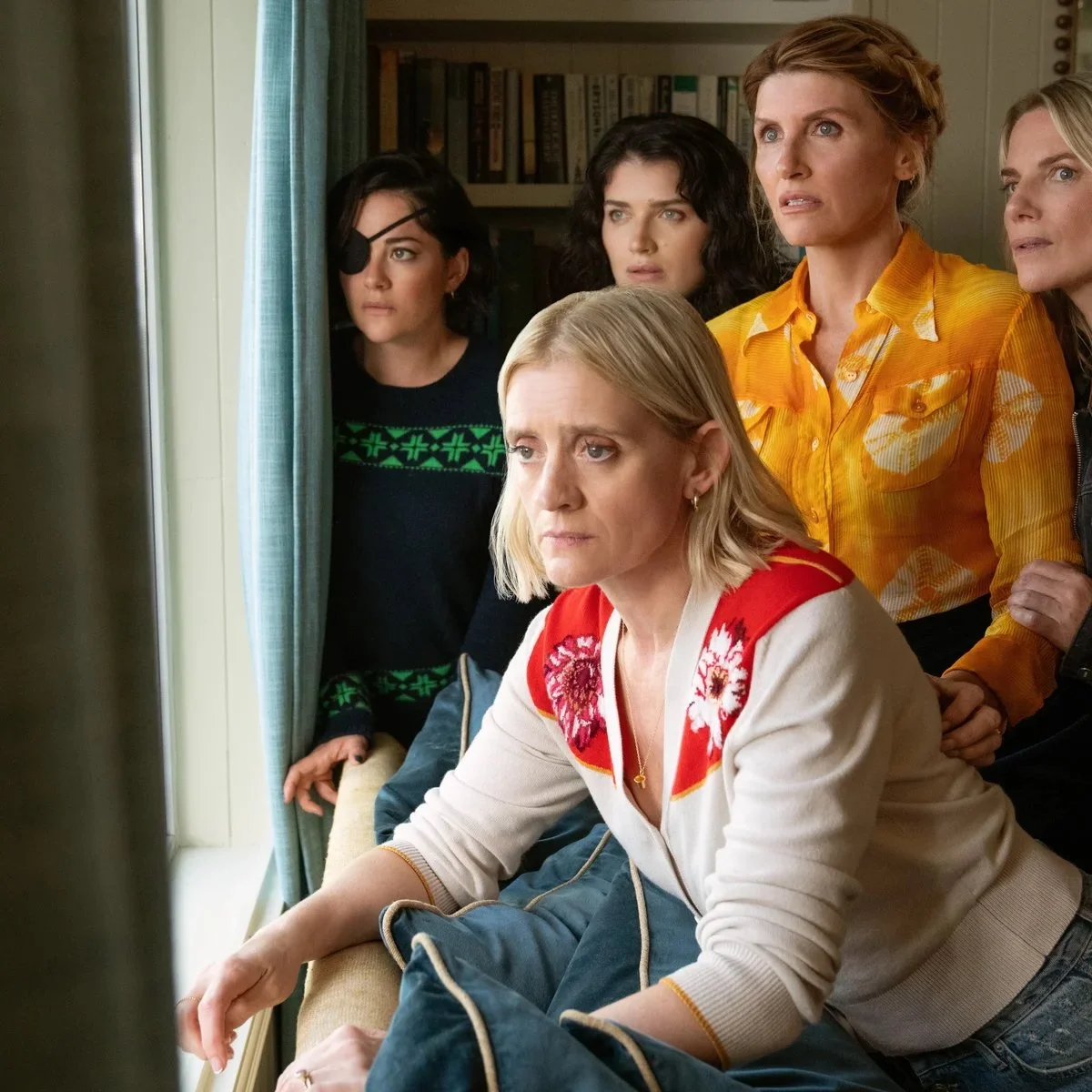
Mental Health
Reviews
Master of None
Master of None covers mental health with a mix of humor and sensitivity. While early seasons used mental health more as comic relief, the final season takes a genuine turn, focusing on real issues. The portrayal, though uneven, still adds depth to its characters' journeys.
High Fidelity
High Fidelity shines in its exploration of emotional wellness through intricate storytelling. It effectively depicts the ups and downs of mental health, though it leans heavily on relationships as the sole factor in wellbeing, missing a more holistic mental health representation.
Looking for Alaska
Looking For Alaska excels in its portrayal of mental health, capturing the raw intricacies of depression and grief with care and realism. Characters are treated with depth, avoiding stereotypes while exploring their vulnerabilities.
The Conversation
The Conversation delves into the realm of paranoia, giving an early glimpse at the psychological impact of constant surveillance. Harry’s descent into mistrust and isolation captures the human element of paranoia realistically for its time.
Come Sunday
Come Sunday touches on emotional turmoil and crisis of faith, portraying the psychological impacts of ostracism and self-doubt. It doesn’t dive deep into mental health themes but sensitively acknowledges them, providing a respectful depiction of Pearson’s inner struggles and eventual resilience.
Parks and Recreation
While Parks and Rec touches on mental health themes, it doesn’t dive deep. The portrayal often leans toward light-hearted and comedic rather than realistic or educational.
Bad Sisters
While Bad Sisters provides an engaging narrative, its mental health portrayal leaves a lot to be desired. The series defaults to violence as a response to abuse, offering little in terms of constructive mental health dialogues
Without Remorse
While Without Remorse excels in action, its portrayal of mental health is lacking. The film mostly relies on violence and revenge without adequately exploring the psychological impacts of trauma and war.
The Hype
While The Hype isn't primarily focused on mental health, it does touch on personal challenges faced by contestants. It doesn’t perpetuate harmful stereotypes but also stops short of offering in-depth insights, reflecting a middle-ground portrayal that’s more mindful than typical reality TV.
Rhythm & Flow
While it avoids deep dives into mental health issues, participants' backstories provide some insight into real-life pressures and stress. It’s slightly above neutral in portrayal due to its genuine depiction of emotional experiences tied to competition, albeit without an explicit mental health focus.
The Sopranos
The show offers a surprisingly authentic portrayal of mental health, particularly through Tony’s therapy sessions with Dr. Melfi. It displays the messy realities of therapy without sugar-coating or overly dramatizing.
The Fallout
The Fallout excels in portraying mental health with an impressive depth and sensitivity. Characters navigate anxiety and depression in a manner that feels genuine, avoiding clichés.
The Office
The Office is a beloved classic that revolutionized TV comedy with its quirky characters and relatable office antics, it flounders in how it presents mental health topics.
Party Down
Party Down had some clever attempts to depict the struggles of creative folks chasing their dreams, the overarching theme of hopelessness in Henry's life left us feeling a bit downbeat.
We Own This City
We Own This City shines a light on the inner turmoil and struggles of some characters, it often leans heavily toward portraying these issues as inevitable tragic outcomes with no real hope.
Monkey Man
Monkey Man is deeply embedded in myth, which means it doesn't aim to modernize or accurately depict mental health issues, violence is presented as the primary response for the characters.




















